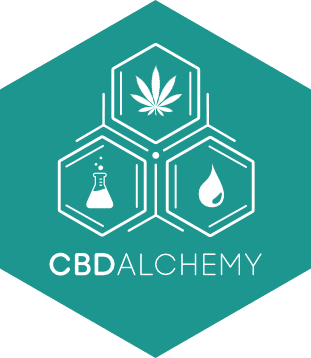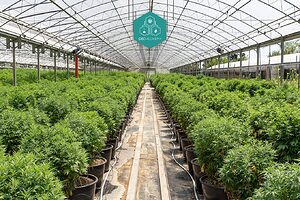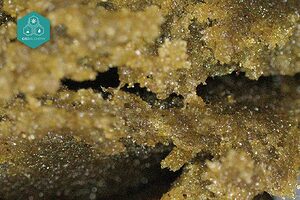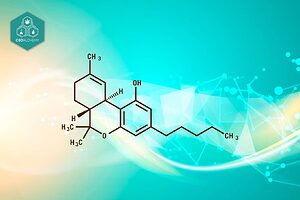- What is CBD Quality?
- Quality Standards
- Extraction and Processing Methods
- Raw Material and Cultivation
- Products and Formulations
- Regulatory and Legal Aspects
- Consumer Selection Criteria
- Usage and Applications
- Trends and Development
- Conclusions and Recommendations
- Technical Aspects
- Customer Reviews and Reputation of CBD Oil Brands
- Frequently Asked Questions About CBD
- Analysis and Quality Control
- Products and Formulations
- Extraction and Production Processes
- Regulatory and Legal Aspects
- Preservation and Storage
What is CBD Quality?
CBD quality refers to the purity, potency and safety of products containing cannabidiol (CBD). CBD quality is critical to ensure the efficacy and safety of products for consumers.
Definition of CBD Quality
Quality in CBD is defined as the ability of a product to meet the purity, potency and safety standards set by regulatory authorities and industry organizations. This includes the absence of contaminants, the presence of cannabinoids and terpenes, and accurate labeling of ingredients and CBD concentration.
Factors Influencing CBD Quality
The quality of CBD can be influenced by several factors, including:
- The quality of the hemp plant used to produce the CBD
- The extraction method used to obtain the CBD
- The purity and potency of the CBD
- The presence of contaminants and chemical residues
- Accurate labeling of ingredients and CBD concentration
Quality Standards

The CBD market has experienced exponential growth, making quality a determining factor even in the cheap CBD segment. CBD products must undergo rigorous controls to ensure purity, potency and freedom from contaminants, regardless of whether they are found in CBD offerings. CBD oil and CBD flowers, being one of the most popular products, require special attention in their production process, as a cheap price should not compromise quality.
The quality should remain constant even when you find cheap CBD or CBD offers in the market. This includes the absence of contaminants, verified presence of cannabinoids and terpenes, and accurate labeling of ingredients and CBD concentration.
An inexpensive product can be of quality as long as it meets these fundamental standards and is tested accordingly.
Certifications and Guarantees
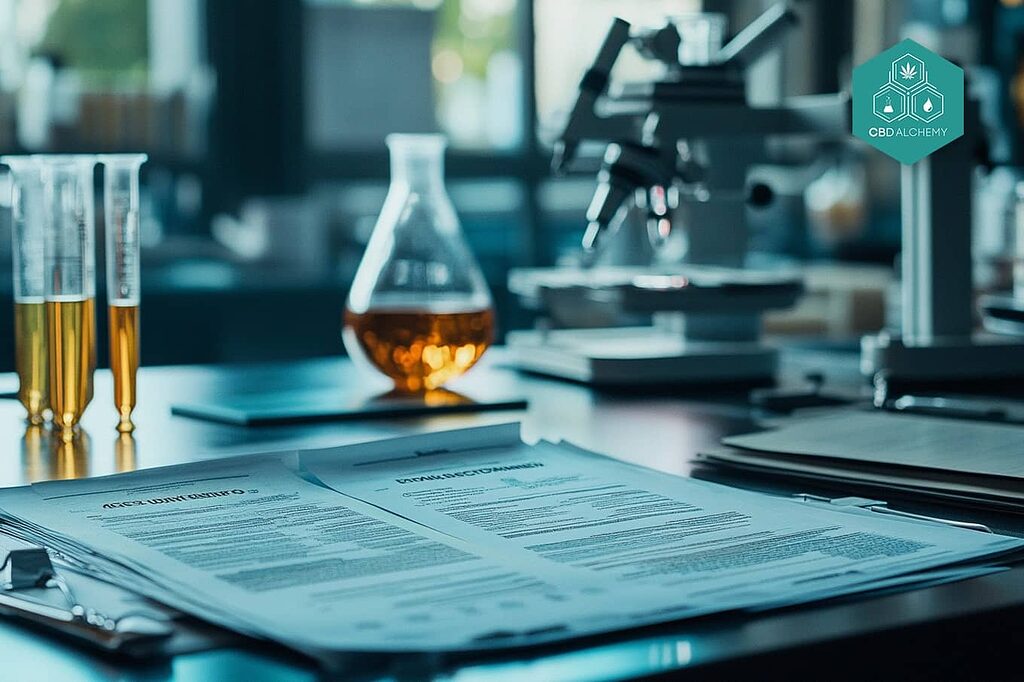
European certifications set strict standards for CBD products. Manufacturers must obtain:
- GMP (Good Manufacturing Practice) certification
- Independent Certificates of Analysis
- Full traceability documentation
Analysis and Quality Control
Laboratory Testing
Laboratory testing is critical to ensure the quality of CBD. Each batch must undergo testing that evaluates:
- Complete cannabinoid profile
- Presence of contaminants
- THC levels (<0.2% according to European standards)
Interpretation of Results
Certificates of Analysis (COA) provide crucial information about the composition of the product. A complete analysis should show:
- Accurate concentration of CBD and other cannabinoids
- Terpene profile
- Absence of heavy metals and pesticides
Extraction and Processing Methods
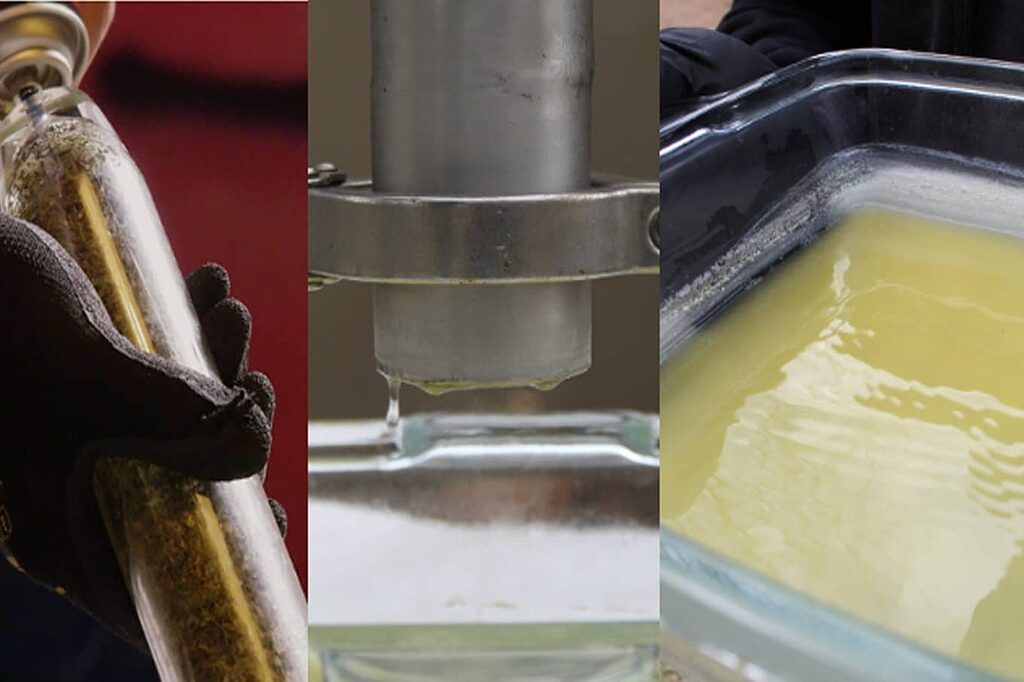
Extraction Technologies
The extraction process significantly determines the quality of CBD. Extraction with supercritical CO₂ represents the highest standard, guaranteeing:
- Maximum extract purity
- Complete elimination of solvents
- Preservation of cannabinoids and terpenes
Process Control
Quality control during extraction includes:
- Constant monitoring of temperature and pressure
- Verification of solvent quality
- Testing for chemical residues in the final product
Raw Material and Cultivation
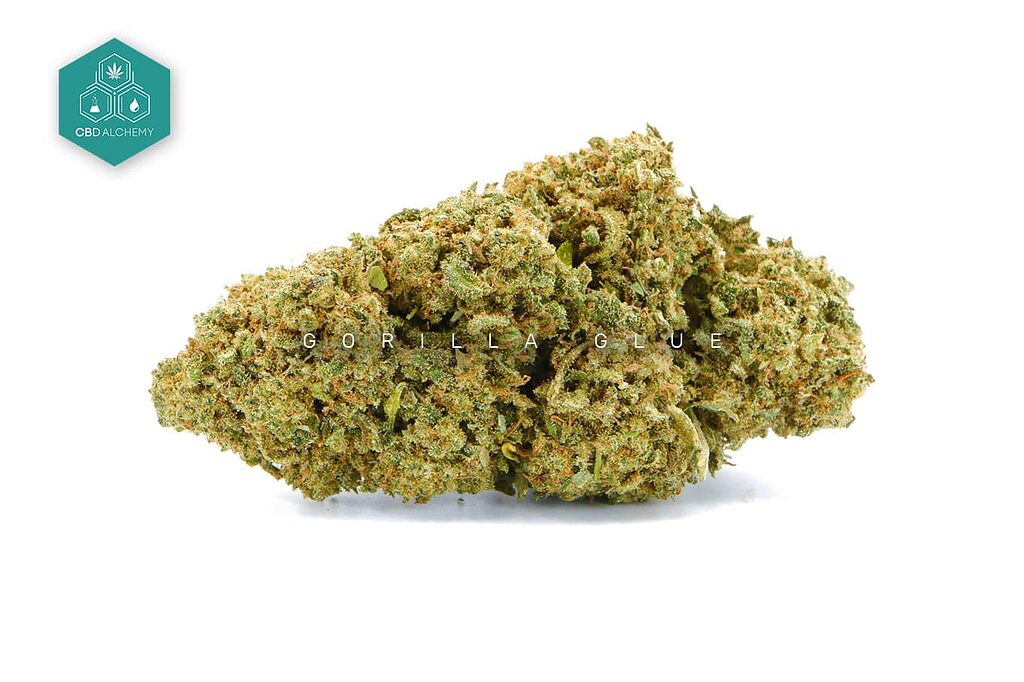
Hemp Selection
Quality CBD starts with the selection of high quality cannabis sativa plants. Hemp must be:
- Be grown in contaminant-free soils
- Follow organic farming practices
- Be harvested at the optimum time of maturity
Traceability of the crop
Traceability from seed to final product guarantees:
- Verifiable origin of hemp
- Quality control at each stage
- Compliance with agricultural regulations
Products and Formulations
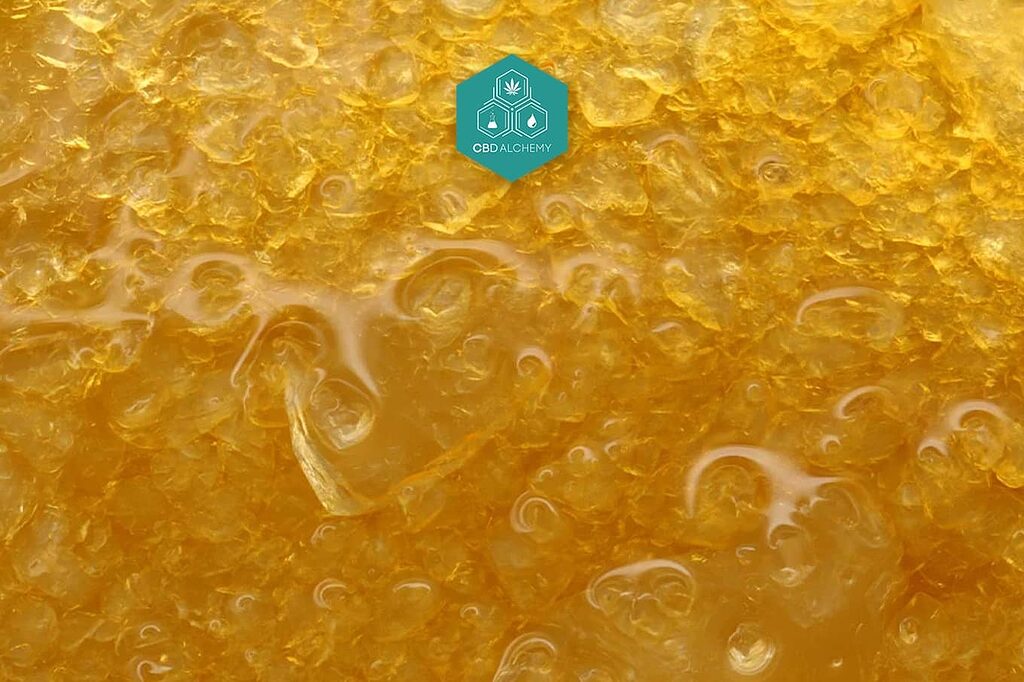
Types of Products
The market offers several CBD products:
- CBD oils in different concentrations
- Capsules and oral products
- Topical and cosmetic products
- Concentrated extracts
Specific formulations
Quality is also reflected in the formulation:
- CBD oil with first pressure olive oil
- Full-spectrum products with full cannabinoid profile
- Specific formulations for different uses
Regulatory and Legal Aspects

European Legal Framework
European legislation establishes clear parameters:
- Conform to current regulations
- Maximum THC limit allowed
- Labeling requirements
- Marketing standards
Regulatory Compliance
Quality products must:
- Comply with current regulations
- Provide complete documentation
- Maintain up-to-date records
Consumer Selection Criteria

Quality Indicators
When choosing CBD products, consider:
- Transparency of analysis
- Method of extraction used
- Hemp origin
- Available certifications
Quality-Price Ratio
Investing in quality CBD should consider:
- Actual cannabinoid concentration
- Production process
- Certifications and warranties
- Customer Service
Usage and Applications
Dosage and Administration
The correct use of CBD requires:
- Knowledge of concentration
- Proper method of administration
- Monitoring of effects
Preservation and Durability
To maintain quality:
- Store in optimal storage conditions
- Respect expiration dates
- Protect from light and heat
Trends and Development
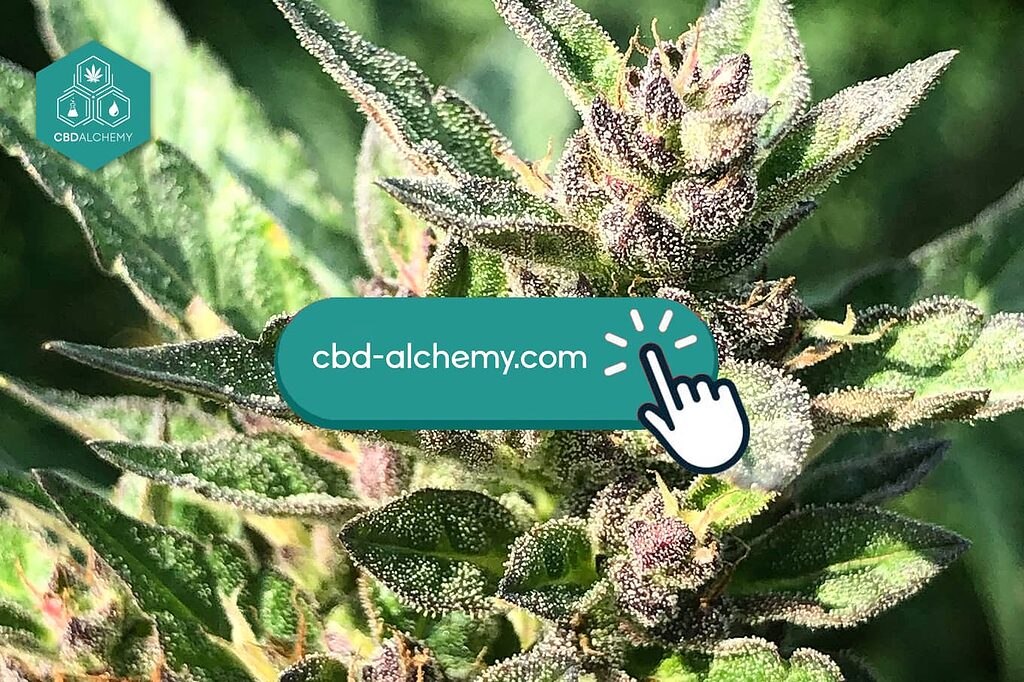
Innovations in Quality
The market is evolving with:
- New methods of analysis
- Improvements in extraction processes
- Development of specialized products
Future of the Sector
Trends point towards:
- Increased regulation and standardization
- More specific products
- Continuous quality improvement
Conclusions and Recommendations
The quality of CBD is critical to ensure its efficacy and safety. Consumers should:
- Verify certifications and analysis
- Choose products with full traceability
- Consider value for money
- Maintain realistic expectations
Investing in quality CBD ensures not only better results, but also safety and confidence in the product. Informed consumers can make better decisions by following the criteria detailed in this guide.
Technical Aspects
Product Optimization
- Continuous Quality Control
- Process improvement
- Innovation in formulations
Consumer Guarantees
- Updated certificates
- Transparency in processes
- Specialized customer service
This comprehensive guide to CBD quality provides the tools necessary to identify and select products that meet the highest quality standards in the European market.
Customer Reviews and Reputation of CBD Oil Brands
Customer reviews and the reputation of CBD oil brands are critical in determining the quality and efficacy of products.
Customer Opinions and Reviews
Customer opinions and reviews can provide valuable information about the quality and efficacy of CBD products.
Customers can share their experiences and opinions about products, which can help other consumers make informed decisions. Reviews can also help brands improve the quality and efficacy of their products.
It is important to keep in mind that customer opinions and reviews are not always objective and can be influenced by factors such as personal experience and expectations. However, they can be a useful tool for evaluating the quality and efficacy of CBD products.
Frequently Asked Questions About CBD
What exactly is CBD and why is its quality important?
CBD (cannabidiol) is the primary cannabinoid in cannabis sativa, specifically industrial hemp. Quality CBD products are obtained through specific extraction processes that guarantee the purity of cannabidiol.
Unlike other cannabinoids such as THC, CBD does not produce psychoactive effects, making it ideal for therapeutic use. Quality CBD oil should contain a verified concentration of cannabinoids and terpenes.
What is the difference between cannabis, hemp and CBD?
Medical cannabis includes several varieties of the Cannabis sativa plant. Hemp is a specific strain that contains high concentrations of CBD and less than 0.2% THC. Hemp-derived CBD products include oils, extracts and other derivatives that maintain therapeutic benefits without psychoactive effects.
Analysis and Quality Control
How is the quality of CBD verified by analysis?
Specialized laboratories perform multiple tests and analyses to verify the quality of CBD:
- Full cannabinoid profile analysis (CBD, THC, CBG, CBC, CBN, CBDA)
- Tests for heavy metals and pesticides
- Analysis of terpenes and other compounds
- Verification of extraction methods
- Quality control of the production process
What do certificates of analysis show?
A certificate of analysis (COA) details:
- Accurate cannabinoid concentration
- Complete terpene profile
- Contaminant test results
- Extraction method information
- Data on the sample analyzed
Products and Formulations
What types of CBD products are available on the market?
The market offers a variety of CBD products:
- CBD oil in different concentrations
- Full-spectrum and broad-spectrum CBD oils
- CBD oil and olive oil products
- Concentrated CBD extracts
- Topical CBD products
How to choose quality CBD oil?
To select a high quality CBD oil, check:
- Extraction method used (preferably CO₂)
- Up-to-date certificates of analysis
- Verified CBD concentration
- Presence of other beneficial cannabinoids
- Complete terpene profile
Extraction and Production Processes
What extraction methods guarantee the best quality?
The main extraction processes include:
- Extraction with supercritical CO₂
- Extraction with organic solvents
- Traditional extraction methods
The extraction process directly influences the final quality of CBD.
Why is the decarboxylation process important?
Decarboxylation converts CBDA into active CBD through a temperature-controlled process. This method optimizes the bioavailability and potency of the final product, directly affecting its quality and effectiveness.
Regulatory and Legal Aspects
What regulations ensure the quality of CBD?
Regulations include:
- European production standards
- ISO quality standards
- THC content legislation
- Labeling and traceability requirements
- GMP certifications
What documentation must accompany CBD products?
All quality CBD products must include:
- Full Certificates of Analysis
- Detailed ingredient information
- Extraction process documentation
- Laboratory test results
- Cannabinoid concentration data
Preservation and Storage
How to maintain the quality of CBD?
To preserve the quality:
- Store in a cool, dark place
- Avoid exposure to direct heat
- Keep the product hermetically sealed
- Check the density and color of the oil
- Regularly check the expiration date
What indicators show CBD degradation?
The main indicators include:
- Changes in the color of the oil
- Alterations in product density
- Changes in the terpene profile
- Variations in cannabinoid concentration
- Changes in organoleptic properties
